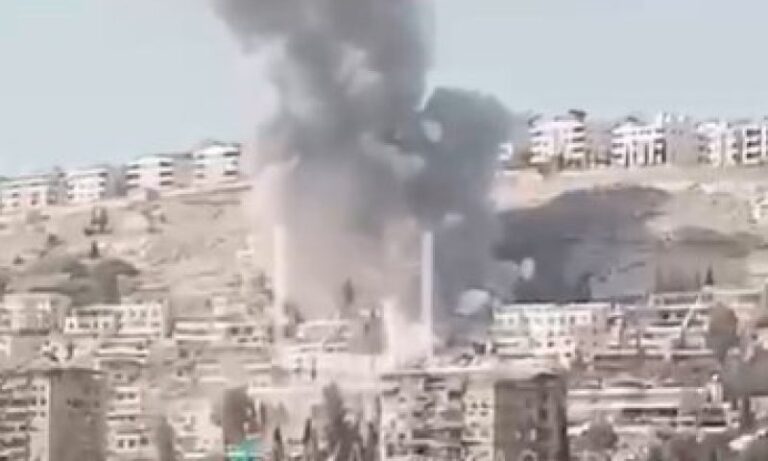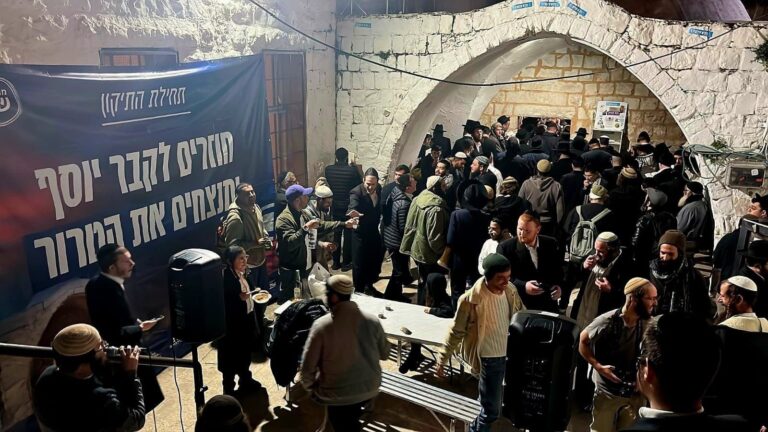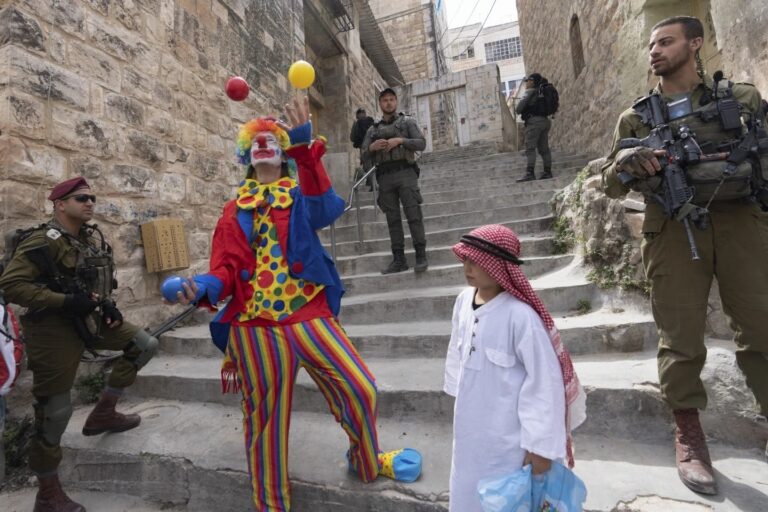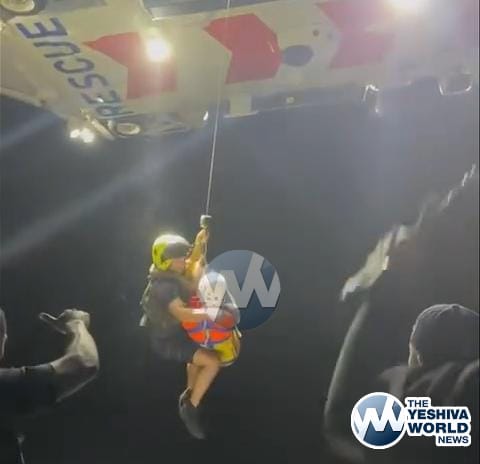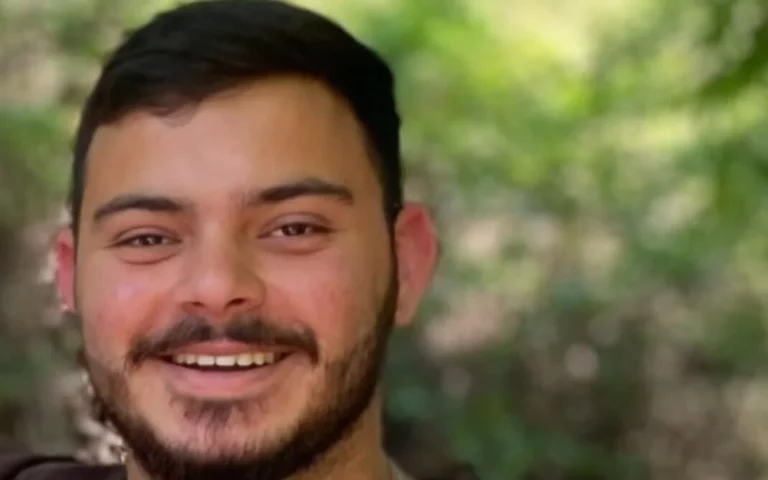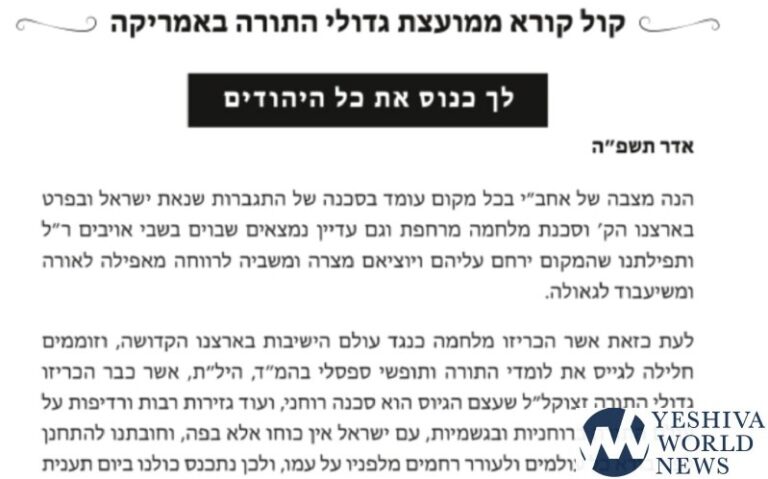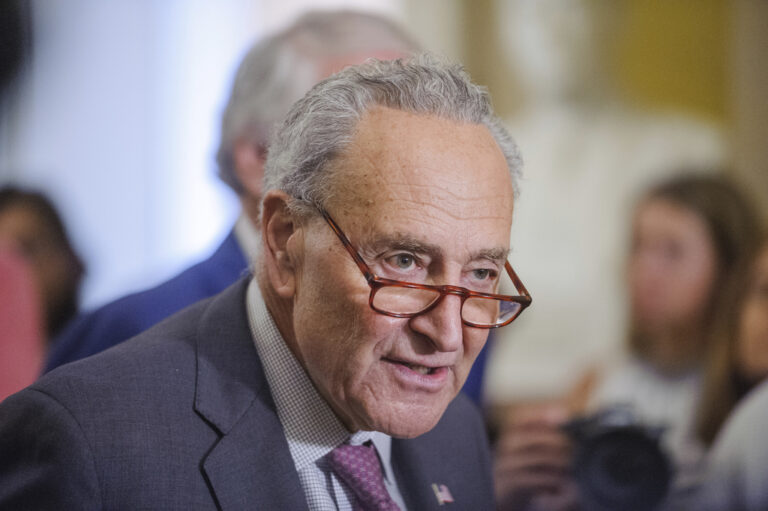 During the Second Lebanon War, Eisenkott was the IDF Chief of Operations. He then replaced Major-General Udi Adam as commander of the military’s Northern District where he remains today. He is considered a candidate as a future chief of staff, although most likely not in the next round, but the one following.
During the Second Lebanon War, Eisenkott was the IDF Chief of Operations. He then replaced Major-General Udi Adam as commander of the military’s Northern District where he remains today. He is considered a candidate as a future chief of staff, although most likely not in the next round, but the one following.
According to Major-General Gadi Eisenkott, there were two major failures in the Second Lebanon War; that it was permitted to continue for 33 days, and that Israel permitted the homefront to come under rocket attack, the heaviest attack endured in Israel since the War of Independence in 1948. His conclusion – if and when there is another war, it must be decisive, with Israel responding with force, aggressively, without concern regarding international opinion. “We have the ability to do it. We have a ‘massive ability compared to the enemy’. I will not have an excuse for not achieving the objectives given to me.”
Is this true regarding the Syrians?
Yes, Syria understands very well. What I said previously regarding Hizbullah holds true sevenfold regarding a nation which represents a central force. The response is to hit heavy and hard from the onset. If rocket fire comes from Shiite villages in southern Lebanon, the response must be heavy aggressive return fire.
The examples of Operations Grapes of Wrath and Accountability (Din V’Cheshbon) were different. We did not hit villages with massive fire. We fired at the periphery to scare off the population. Before Hizbullah fires into Israel, it must think 30 times if it wishes to sacrifice its support base in [southern Lebanese] villages. The prospect of the Israeli response explains Nasrallah’s restraint over the past two years.
On the day the Yediot Achronot interview is conducted, the media reports a build up of Syrian forces along the Lebanese border. Syrian President Assad appears in military uniform. Eisenkott explains some of the photos appearing in the media are file photos and are meaningless. He explains the troop movements are standard and part of the Syrian effort to halt smuggling along the border, nothing more.
Eisenkott, 48, was born in Tiveria and grew up in Eilat. He enlisted into the Golani Brigade in 1978 and served in all the command positions until becoming the Golani commander 20 years later. He served 20 of his 30 years in the IDF in the north, and is more than familiar with the terrain and the complexities of the borders along Syria and Lebanon.
“The joint interest of Hizbullah, Syria and Iran, at least today, is to maintain the quiet that exists. As an army however, our job is not just to look at the intentions, but to examine and evaluate the abilities [of the other side]. There can always be an incident which leads to an explosion.”
Reflecting back a bit over two years, Eisenkott explains, “The morning of July 12th, 2006 began with a General Staff evaluation. Following an IDF offensive in Gaza targeting senior Hamas commanders, Mohammed Dief was seriously wounded and a number of others were killed. In the north, total quiet at 7:30AM. At 9:30AM there was an abduction that immediately turned things around.
Was that morning your worst nightmare?
Eisenkott does not enjoy the term “nightmare” but calls events working realities. An attack can always occur, suddenly, without intelligence warnings, an event that makes everyone hysterical.
When asked about a reoccurrence of a cross-border abduction, Eisenkott stated from his perspective, there is greater risk of a terrorist infiltration into a community and terrorists targeting civilians. Since the abduction he explained, the army is in a totally different place.
Eisenkott is well aware that the 160 villages south of the Litani River and dozens more north of it. All are now stocked with weapons and ammunition stored in homes, basements, attics, underground bunkers, adding there are rockets everywhere. Every village has a number of Hizbullah gunmen who run the show. He explains that today, one can see the walls hiding the rocket launchers and on ‘that day’ when they are given the order, those walls will fall and rocket fire will be felt in Israel far exceeding the Second Lebanon War. Every Shiite village is a military facility, with a commander, communications man and intelligence officer.
On the other hand he explains, today, the IDF has much more accurate intelligence information than was the case in 2006. The army has also constructed mock villages used to train soldiers, permitting them a real feel of villages in S. Lebanon.
Eisenkott may also have a high regard for the Italian UNIFIL (United Nations Interim Force in Lebanon) commander, Major-General Claudio Graziano, who attended command collage together with him in the United States, but at the end of the day, UNIFIL forces did not prevent a single rocket from being fired into Israel during the war. Here and there, UNIFIL forces tended to a weapons cache or something else of a small nature. The S. Lebanon army is accountable to a pro-Syrian government, so here too, there is no ally, no one to count on to stop Hizbullah.
During the Second Lebanon War, Israel’s political echelon and the United States government made a differentiation between Lebanese and Hizbullah targets. Today explains the northern commander, there is no operational difference. The Lebanese government is responsible for all activity along and across the border.
Regarding continued Israel Air Force flights into Lebanese air space, Eisenkott explains that Lebanon is building capabilities that are contrary to the ceasefire agreement, UN Resolution 1701, demanding a continuation of the reconnaissance flights over southern Lebanon and Lebanon are essential towards gathering intelligence information.
Even if Hizbullah deploys advanced anti-aircraft batteries the flights will continue, explaining the air force is well equipped to deal with the challenge. While they have different interests, the relationship between Syria and Hizbullah remains solid and Damascus continues to channel weapons and ammunition to Hizbullah.
If Hizbullah attacks he explains, “Syria should be concerned. They cannot throw rocks from their glass house with impunity,” warns the commander. This is why the Syrians have increased ground, anti-aircraft and missile-launching forces. They are increasing their fortification, their defensive capabilities but even if they are using it for defense, we must understand the potential for offense.
Regarding Hizbullah leader Hassan Nasrallah, “we see him on plasma” explains Eisenkott, explaining the terrorist leader is rightfully concerned for his life, wary of an Israeli attack. Therefore, he rarely makes any public appearance and then quickly returns to his bunker.
Eisenkott is critical of the media coverage given to Nasrallah, who is quoted too often in the media. While he supports the media’s right and responsibility to report, he feels the media should avoid “playing into the enemy’s hands” and delivering his message to viewers. He draws an example from America, the big democracy, explaining that nonetheless, one does not see Bin Laden on TV every time he releases a statement. The Hizbullah leader should not be seen or heard Eisenkott explains.
Despite recent disparaging remarks by former senior IDF commanders, Moshe Ya’alon and Major-General Moshe Ivry Sukenik, Eisenkott explains he is more concerned than both of them, having to shoulder the responsibility today. A week does not pass in which troops are not drilling, rehearsing and improving skills. He says the two senior retired officers are not incorrect, and while much progress has been made, there is room for improvement but he blames military budgeting for part of today’s difficult realities. He explains the General Staff still prefers to give a big portion of funding to intelligence and the air force at the expense of infantry forces.
That said, he calls on everyone to “count until five, even if one is angry,” and refrain from releasing statements that a day later are being used by Nasrallah for his propaganda agenda.
Other problems in the last war include a lack of communications between the General Staff and Northern Command, which has been rectified, as well as the lack of an operational plan. The commanders he explains were fine, but there was no plan. Today, things are different.
When the day comes, will you be capable of doing it better than we saw on July 12, 2006. Eisenkott responds “yes”.
(Yechiel Spira – YWN Israel)

